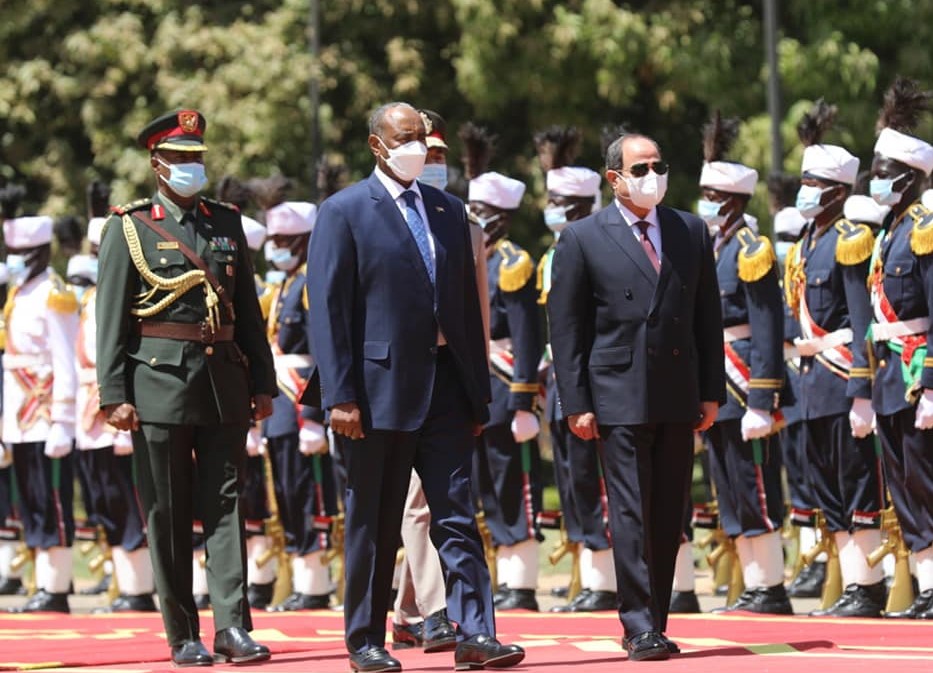
As I have previously stated, the announcement of the Yellow Kingdom took advantage of the dispute between Egypt and Sudan, because each country has its own maps of its borders with the other.
The area of Bir Tawil is located outside the maps adopted by each country because of a dispute over the sovereignty of the straight line 22 degrees north of the equator that Egypt claims and the winding administrative line that Sudan considers to mark its sovereignty.
The dispute between the two countries is therefore the root of this situation. We do not know the situation’s exact origins or motives, or who stands behind it. We do not know the limits of its development.
What can be said is that if the dispute between the two countries is the reason for the rise of this issue, the solution could be to amend the causes of that dispute.
What can stop the situation’s potential development into a crisis is the two countries’ collaboration to prevent this from happening. This requires that the two countries find a way to stop exploiting such loopholes resulting from the persistence of the Halayeb problem.
Egypt claims it possesses documents and historical references proving that Halayib belongs to Egypt, and Sudan has the same conviction.
The dispute has turned into a cause of national dignity, prompting internal and foreign parties to defend their positions on the disagreements between the two countries.
I see what happened as an incentive for us to tackle outstanding issues and end the causes of disagreement.
The issue of the Kingdom of Yellow the Mountain is a warning that these outstanding issues should be addressed.
Both Egypt and Sudan face threats. Any harm to either country will have an impact on the other. All of this is taking place in a risky region on both sides.
The situation in Sudan has changed following the December Revolution and the overthrow of the Islamic Front regime, which had heavily damaged relations with Egypt and greatly offended Sudan and its people.
I think that the most important challenge now is to adopt a new approach in managing relations between the two countries. I do not know if I am being too imaginative when I suggest that the officials of the two countries sit together to put an end to the Halayeb crisis and design a new starting point for relations and strategy between the two countries.
For decades, we have lived with slow, reluctant and partial responses. We now have an opportunity to move into an era of action and initiative, and to manage our affairs rather than simply spurring reactions.
Solving the problems between Egypt and Sudan should begin with Halayeb and Shalatin, which are a tension point taken advantage of by anyone who wants to spoil the relations between the two countries.
If this happens, we will have to thank those who raised the issue of the Kingdom of the Yellow Mountain.




